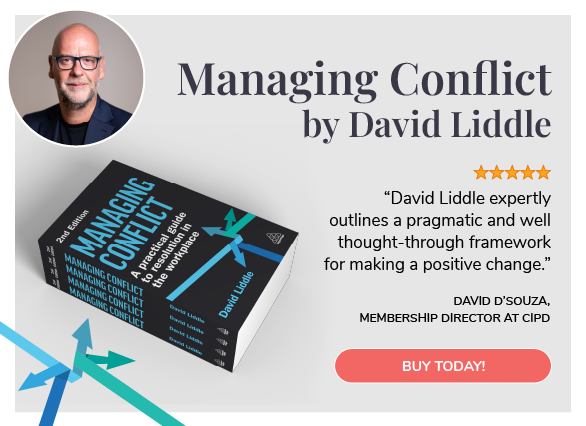
Share article:
Tags:
 With the start of the Rugby World Cup, sporting ads are everywhere.
With the start of the Rugby World Cup, sporting ads are everywhere.
I was on my way to a mediation session recently, when my eye was drawn to a poster in Euston Station that declared, “The Secret to Winning? Team work.”
Of course, when it comes to rugby, teamwork is essential. But it’s also true of all human interaction. An understanding that we are all team players to some extent seems obvious, but is often forgotten when people get into unhealthy conflicts.
It got me thinking that what is true for rugby is almost always true for life in general.
So what lessons can we learn from it? Well we’ve had one already:
1. Don’t do it alone.
Side by side and hand in hand, remember to stand together.
Another slogan I have seen used by rugby teams is “The Best-Laid Plans? Ours”. This reminds us that success is not passive. To have good relationships takes work and planning. In so many of the mediations I have been involved with, the heart of the conflict is misunderstanding borne out of poor workforce planning.
2. Time invested in planning and thinking about how people will interact is never wasted.
Take your time, think a lot, so everyone will still be here tomorrow.
The win by Scotland on the 29th August was described as a win in “peacetime rugby”. The big question: will they be able to continue winning under the pressure of the World Cup? We’ll soon find out, but we do know that if the basics aren’t there, beating any team will be problematic. Two wins will not make Scotland the world champions but an ongoing commitment to hard work and improving on the basics will help them on their way.
3. Make sure the organisational climate is embedded so people can still continue to function when times get rough.
When the times get tough, the team keeps going.
It has been noted that Rugby Union is a “game for hooligans, played by gentleman”. I would suggest that remaining gentlemanly, even in the face of great challenges, is something we should all strive to do. If everyone treated others with respect at all times in the workplace, the level of unhealthy conflict would be very much reduced.
4. Treat everyone with respect.
R-E-S-P-E-C-T, don’t find out how much the lack of it means to people.
Another important part of teamwork is encouraging opinions to be expressed and then respecting decisions when they have been made. Chris Robshaw and Nigel Owens showed the way to have a respectful airing of views in the Six Nations this year. All Owen need to say was “Christopher, thank you “, and both knew where they stood.
5. Respect each other’s opinions and then respect decisions when they have been made.
 Make sure people know you have heard them calling but also make sure they give respect to you.
Make sure people know you have heard them calling but also make sure they give respect to you.
Dovetailing with this view of the game is the fact that Barbarians RFC was set up at least in part to spread good fellowship. Having a stated aim of fellowship is not likely to be possible for all organisations – but for those that can, how healthy and happy they would be!
6. If people are happy, unhealthy conflict is less likely.
A climate in which everyone feels warmly towards each other makes it less likely that tomorrow the sun won’t shine.
With the average weight of a professional rugby player moving towards 15 stone, when players collide it is like being in a traffic accident. Players need to know how to hit each other the right way. All conflicts need to be handled and managed to prevent things going wrong.
7. Conflict will happen but does not need to leave lasting pain if handled correctly.
A badly managed conflict will increase the risk that things will go wrong and one or both may soon be gone.
The pack of a rugby union team is, at the heart of it, 8 people physically bound together for a common purpose. This is a combined physical and mental connection, founded on trust. As a hooker, if the scrum goes down you are going down too. This is often the case in work too.
8. If there is trust between people they will not get in to unhealthy conflict.
An environment where people know they can lean on each other and help each other carry on will lead to less conflict occurring.
As in rugby, so in life: United we stand, divided we fall.
Giles Macnair is a Dispute Resolution Consultant at The TCM Group, widely regarded as one of the UK’s foremost provider of business, employment and workplace mediation services.








